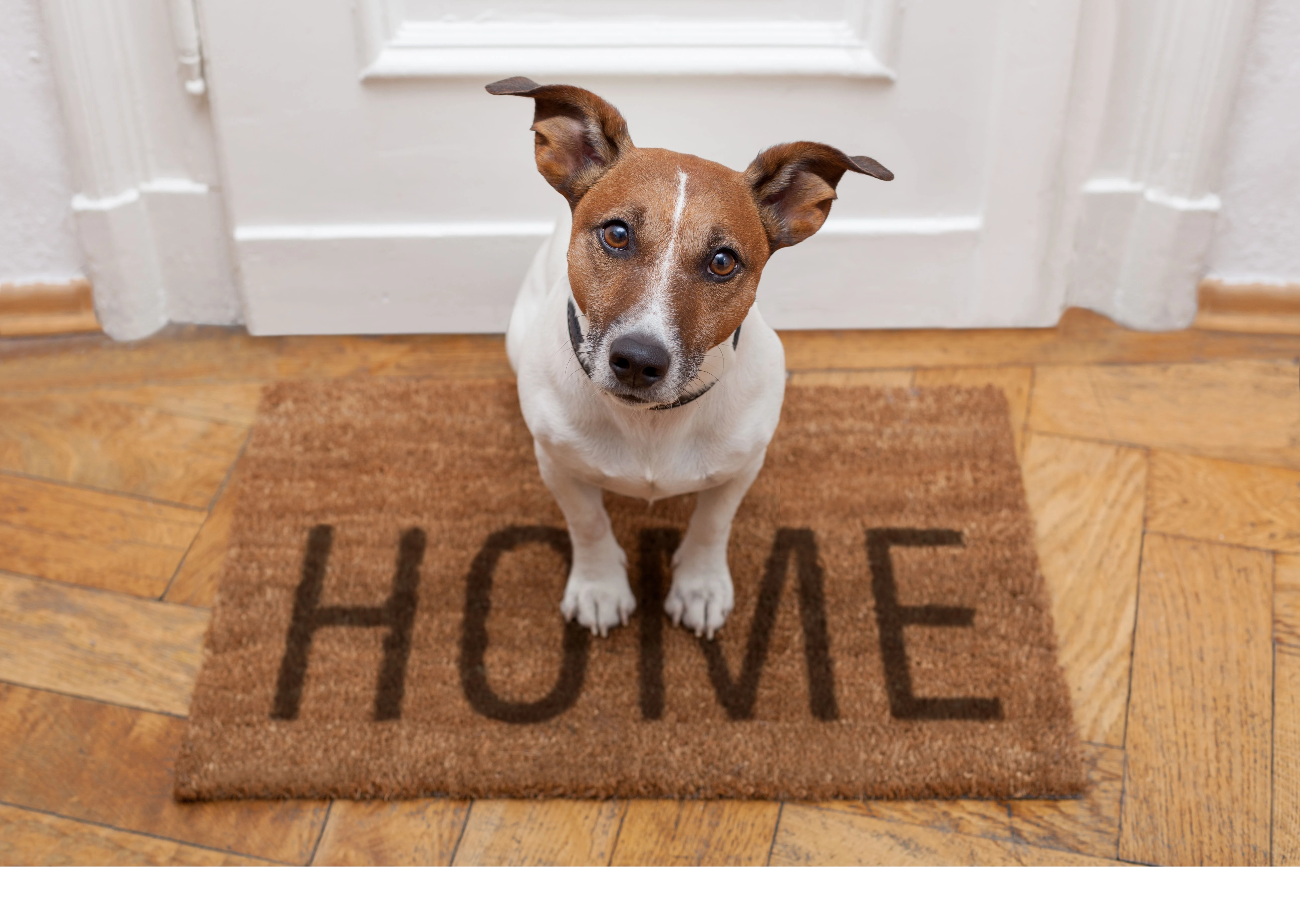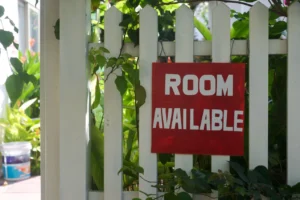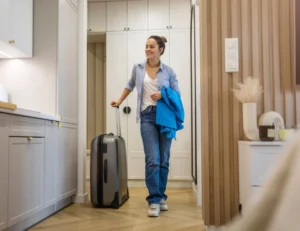Critical gap found between pet-friendly and pet-inclusive rentals

Report Reveals ‘Pet-Friendly’ Housing Falls Short for Many Renters
A critical gap exists between pet-friendly and pet-inclusive rental housing, according to a new national report from the Pet-Inclusive Housing Initiative (PIHI), a Michelson Found Animals Foundation program.
While 79% of rental properties accept pets, less than 10% allow pets without breed or size restrictions. This is just one of the findings from the 2025 Pet-Inclusive Housing Report, which analyzes housing policies and experiences from over 500 pet-owning renters across all 50 states.
Over 80% of the dog owners surveyed said they had difficulty finding housing with their pets, with the primary two reasons being pet-related fees or no dogs allowed. This led many of the survey respondents to make tough decisions, such as finding another place to live, having the dog declared an emotional support animal, or rehoming the pet.
Pet owners ranked pet-related fees as the biggest barrier to finding housing, followed by size and breed restrictions. In addition, pet owners across all income levels cited monthly pet rents as the most burdensome cost, followed by the nonrefundable pet deposit.
“This report confirms what too many pet owners already know: ‘Pet-friendly’ often doesn’t mean accessible,” said PIHI director Ross Barker. “Breed and size restrictions, added fees, and inconsistent policies keep families in a constant state of housing insecurity. Our hope is that these findings will galvanize policymakers, housing providers, and advocates to align on commonsense reforms that recognize pets as part of the family and housing as a stabilizing force.”
Need a Lease Agreement?
Access 150+ state-specific legal landlord forms, including a lease.
Some of the other key findings from the report include:
• Nearly 1 in 4 renters have declared a pet as an emotional support animal to overcome housing barriers;
• Almost three-quarters of the respondents said their pets have never caused damage to their units. Of those who did report pet damage, only 12% categorized it as severe, or more than $250 in estimated repair costs;
• Access to pet-friendly housing varies by state—from 91% in Arizona and Texas to 39% in Hawaii; and
• Out of the major metros, Los Angeles ranks the worst for pet-friendly housing access, with nearly 64% of properties allowing pets, but only 5.4% without breed and weight restrictions.
“At MFA, we know that one of the most impactful ways to drive change is by removing barriers to housing for pet owners, increasing access to housing, and preventing pets from unnecessarily entering shelters,” added Dr. Gary K. Michelson, founder and co-chair of Michelson Found Animals. “This report shines a light on where those barriers continue to exist and how we can work together to remove them.”
Source: Multifamily Executive













 Accessibility
Accessibility